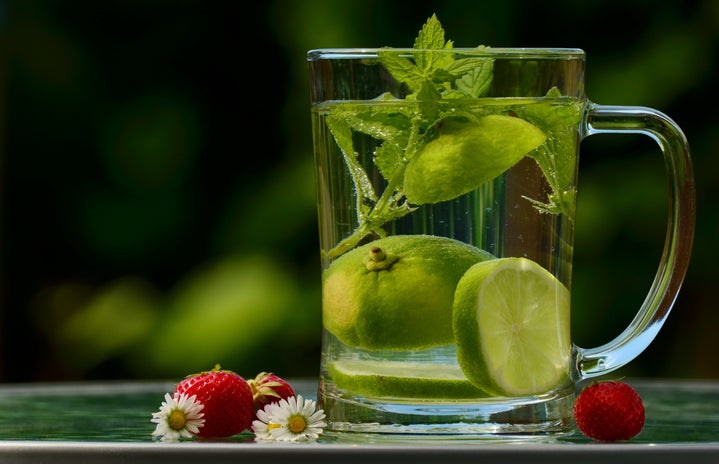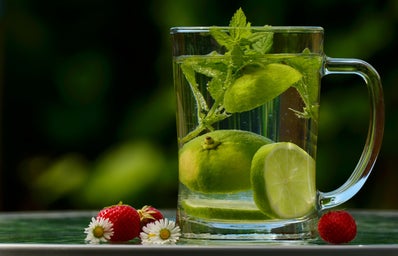Have you ever thought about the materials and chemicals that go into making pads and tampons? As we pay increasingly close attention to the foods we ingest, we should also reevaluate the potential hazards of feminine products that are used in such close proximity to our bodies and bloodstreams.
Recent research has revealed that the products many of us have been using monthly since the seventh grade may not be as harmless as we think. The makeup of tampons is particularly worrisome, as they are actually placed inside of our bodies, and vaginas are able to absorb chemicals rapidly without metabolizing them. According to Nicole Wendee from Environmental Health Perspectives, tampon companies have used several synthetic chemicals that are extremely toxic
Three out of four of these chemicals have been banned, but one remains part of the production of many menstrual products today. In addition to these synthetic chemicals, many scientists are concerned about trace amounts of dioxins present in some tampons. Dioxins are highly toxic chemicals that may be a byproduct of cotton bleaching. In addition to dioxins and synthetic chemicals, many feminine products may also contain traces of plastic, carcinogens, and allergens.
At this point, you may be feeling pretty anxious about the fact that a product you’ve trusted for years can have such harmful effects. Not to worry, there is a solution: Organic feminine products! Here are some of the benefits:
1. Ingredients
Many scientists, such as NYU Professor Philip Tierno, agree that cotton is the best product to use for feminine products. Even though cotton is part of 94% of inorganic tampons, the “natural cotton” in these products is heavily processed. In fact, certain products have been shown to contain amounts of eight different pesticides. However, in organic feminine products, the cotton is not treated with any chemicals. Cotton is usually the one and only ingredient in organic feminine products, so you can be sure that no harmful chemicals will enter your body.
2. Environment
The average woman will use approximately 12,000 pads or tampons in her lifetime, and many of these inorganic products take a long time to biodegrade. With organic feminine products, however, the tampon and the plastic applicator are both biodegradable. Using organic products limits the number of chemicals that go back into the Earth, and prevents further pollution and waste.
3. Overall Health
When it comes to your vaginal health, it is important to take into account all considerations. Using fragrant and inorganic feminine products may disrupt the pH levels and bacterial balance of your vagina. Using organic cotton products better prevent vaginal infection and irritation. Woohoo!
So…what’s next? There are tons of brands out there that sell organic feminine products. The Honest Company (founded by Jessica Alba), Seventh Generation, Organyc, Natracare, L. Organic, and Veeda are just a few. While some of these brands are only accessible online, a few of them, such as Organyc and L. Organic, are available at stores like CVS or Target.
Before you make the switch, go ahead and do some research for yourself. For the love of the environment and your menstrual health, consider the switch!


